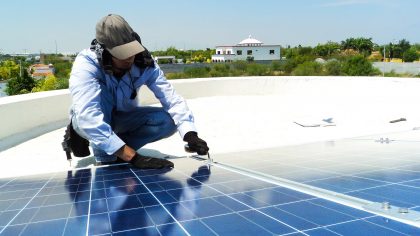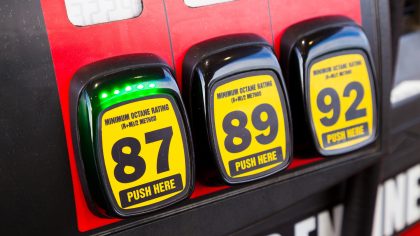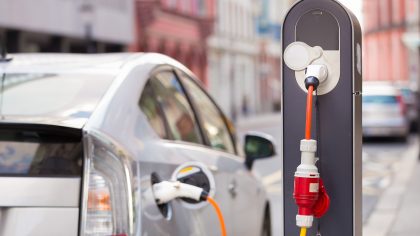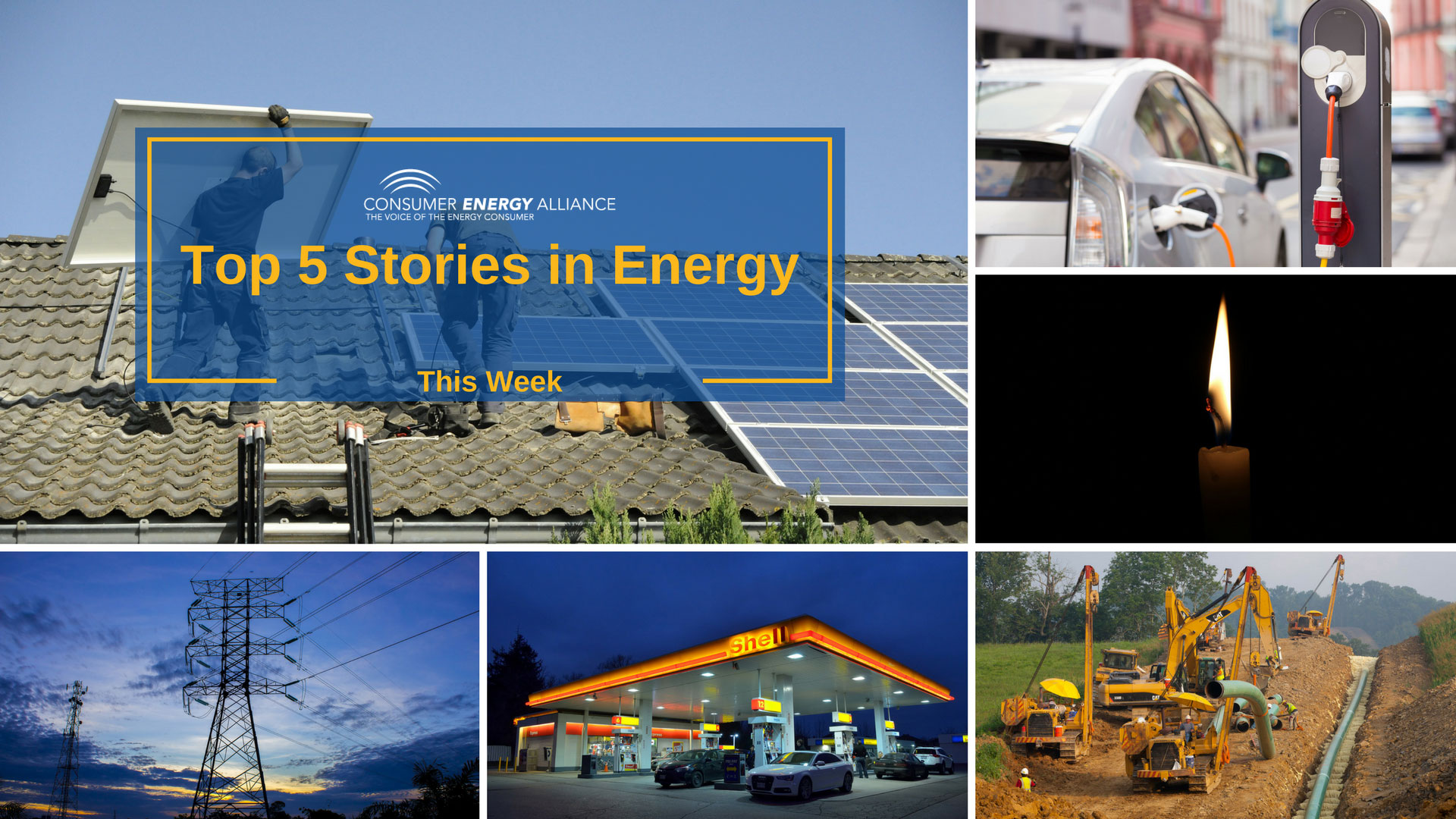Massive Power Outage Returns Most of Puerto Rico to Darkness (via UPI)
The island of Puerto Rico cannot seem to catch a break. In the wake of the devastation caused by Hurricane Irma and Hurricane Maria, Puerto Rico suffered a total loss of its electrical infrastructure; weeks of emergency repairs and rebuilding resulted in a partial restoration of about 5 percent. Unfortunately, a failure in the transmission line that originates in Arecibo and distributes power to most of the island. Engineers estimate that more than 80 percent of residents have once again lost power; this situation was expected to continue through the second weekend of November.

Wisconsin Residents Embrace Solar Power (via WUWM)
According to a recent jobs report published by the United States Bureau of Labor Statistics, more than 3,000 have been created by solar energy projects in the state of Wisconsin over the last few years, reflecting a growth of 2 percent in this particular sector. A few residential subdivisions with more than 30 single-family homes entirely powered by solar panels have caught the attention of prospective home buyers who are now inquiring about rooftop panel installations. Another reason that explains the surging interest in solar panels is that many churches across Wisconsin have installed them. Many residents believe that the monthly savings do not yet justify the initial investment, but they are willing to take a chance.

Tennessee Gas Stations Among the Most Affordable (via Times Free Press)
Two gasoline stations in Tennessee are competing for the honor of being named the establishment with the lowest prices in the U.S. The two businesses are located in Hixson, and they both offered prices as low as $1.89 per gallon on November 8. According to analysts at GasBuddy.com, the two stations are waging a price war that is likely forcing them to offer gasoline at rates that leave them without profit; the idea is to get customers through the door and into the convenience shop, where they can get coffee, snacks, drinks, and other products that generate greater earnings. Heading into mid-November, most American gas stations posted prices higher than $2.00 per gallon.

Indianapolis Makes History With Electric Shuttle Fleet (via Inside Indiana Business)
Airport officials in Indianapolis recently unveiled their first passenger shuttle bus powered entirely by electricity; this is the first phase of a project that seeks to switch the entire shuttle bus fleet to electric vehicles. According to news reports out of Indiana, the international airport in Indianapolis could be the first in the U.S. to achieve zero emissions status over the next decade. Immediate plans include expanding the electric shuttle fleet to nine buses, which would be equivalent to taking more than 5,000 gas-powered vehicles off the state highways.

Keystone XL Open Season Draws Strong Interest From Shippers (via Reuters)
TransCanada said an open season that ended in late October has attracted sufficient demand from shippers to justify building the Keystone XL pipeline. The company could make a final investment decision by December, but the project still needs approval from the state of Nebraska, which is expected to issue its decision by the end of the month.


